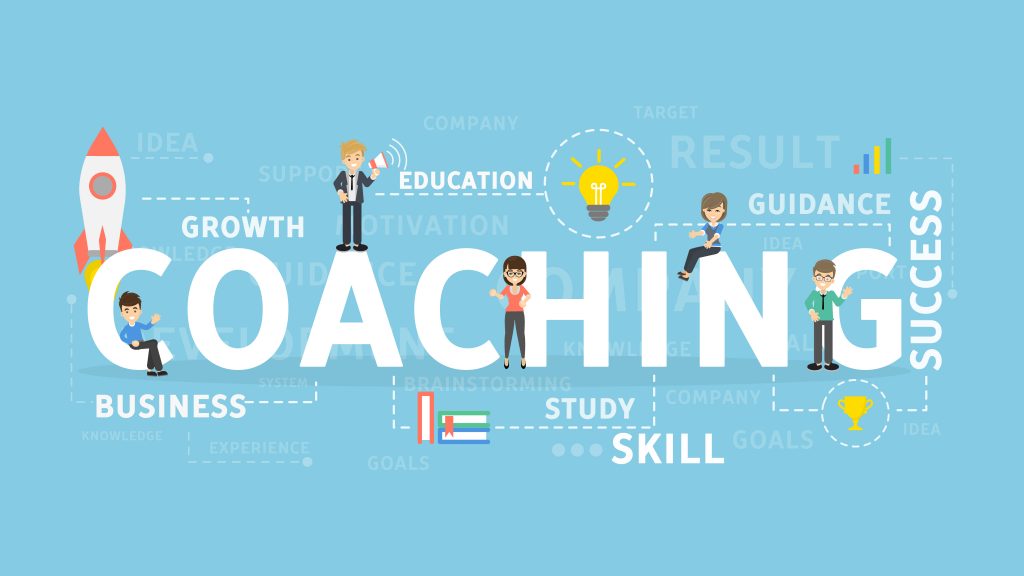How can we prevent early school leaving in secondary school? How can we support teachers in this context? What can schools do to create a good school climate? These are some of the questions we will answer in the coming month.

The Rinova team, together with five expert organizations, aims to develop a “school coaching approach” in view of preventing Early School Leaving (ESL). We will co-design tools for schools and their teachers for the development of students’ internal resources (strengths, weaknesses, opportunities), and strategies to maximize their ability to acquire knowledge and skills, and develop methods to improve the effectiveness of learning activities.
According to Eurostat, the EU-27 had a rate of 10.5% of young people aged 15-24 classified as Not in Employment, Education or Training (NEET). In 2018, the ratio of early school leavers in the European Union was 15%, which means that around 6 million young people dropped out of school.
People who do not finish secondary school have fewer opportunities in the labour market, often condemned to badly-paid semi-skilled jobs, with little prospects for building a career. There are several causes for early school leaving (ESL), to do with individual circumstances, family background, school support, and social context. We will focus on the school context as one significant factor. ESL is a long process that starts in primary school and can be predicted by particular indicators, such as disengagement and an unsuccessful school experience.
The school coaching approach helps to create a good atmosphere in schools, favorable for the disclosure of personal potential of students, opening new opportunities for growth and self-realization, setting and clarifying their own goals, independent development of strategies for their implementation. The formation of thinking aimed at the use of inherent human abilities can be considered the main purpose of coaching. The students can reveal their potential, and achieve high results in learning. Teachers benefit from coaching, as they discover how to look at the learning process in a new way, focusing on the free implementation of non-standard approaches.
Our objectives are:
- Activate the creative potential of teachers and improve the academic programme.
- Stimulate the desire of teachers to implement new methods and techniques in the workplace.
- Raise teachers’ awareness and knowledge of these topics, and provide a clear understanding of how to deal with problems and difficulties faced by students, in order to reduce the risk of ESL.
- Provide tools and models for developing students’ abilities, in particular: self-confidence, self-recognition, purposefulness, communication and cognitive skills.
- Improve cooperation between the school, student, family and the municipality by involving them in school education.
Activities and free resources:
1) Help assess the school climate, with a good practice collection and a digital quick-scan-tool for schools, students and parents.
2) Develop a school coaching tool, with training material for teachers, school professionals, school leaders, coaches and mentors from secondary school…
3) Validate the school coaching tool by pilot testing the concepts and materials with teachers, schools and coaches in the four partner countries (ES, IT, PO, SE).
Updates will be available on a dedicated website, which will be announced here in March 2023. These activities are a collaborative effort by six partners from four EU countries: Folk Universitetet (SE), Il Mio Futuro (IT), Istituto d’Istruzione superiore Arrigo Serpieri (IT), MODE Foundation (PO), Rinova (ES), Skolcoacherna (SE).
The COACH project has been co-financed with the support of the European Union’s ERASMUS+ programme. Its contents and materials are the sole responsibility of its authors. The Commission cannot be held responsible for any use which may be made of the information contained therein. It will be implemented from September 2022 to August 2024. (Funding ref. KA220-SCH-639F42F4).
